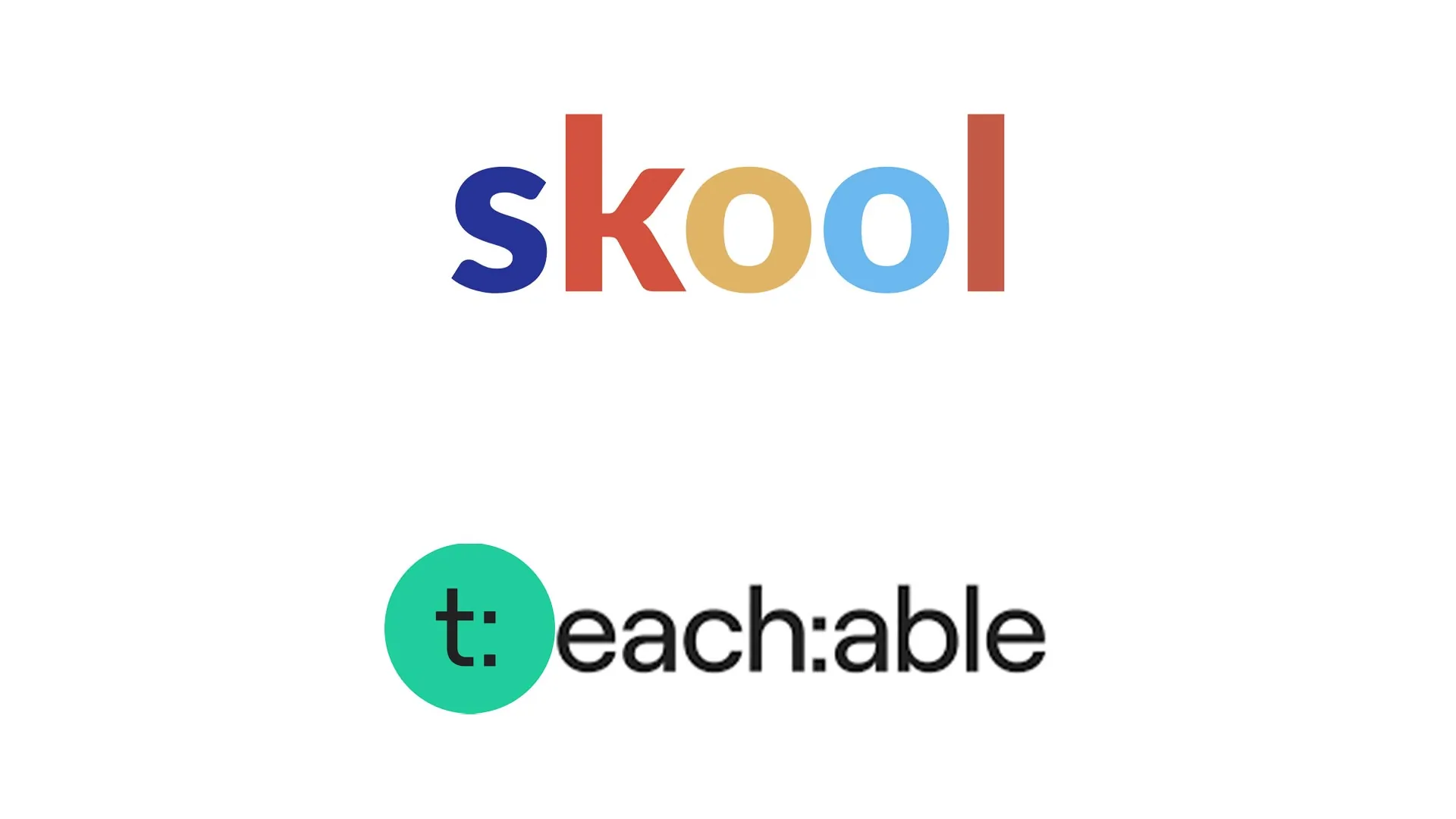MONETIZE YOUR EXPERTISE WITH ONLINE COURSES
✅ Impact & help others
✅ Drive income 24/7/365
✅ Diversify your revenue
How to Find Best-Selling Course Ideas?
Selecting the right course topic is a fundamental aspect of creating an online course that resonates with learners and generates revenue.
Look for topics that align with your expertise and have a demand in the market.
It’s often advantageous to choose a niche or specialized topic where you can establish yourself as an authority and differentiate yourself from competitors.
Here’s a quick tutorial to use Amazon to find your next best-selling course idea.
Which is the best online course format?
There are three types of format you can choose from:
- Video-based: either by filming your screen or talking in front of a camera
- Audio-based: all your lectures can be listened to on the go
- Text-based: like delivering your course via email which one specific lesson each day
Always remember: The best online course format is the format that you feel comfortable with. The enthusiasm you’ll have recording the course is an essential part to deliver a great learning experience for your students.
How To Structure Your Online Course?
People buy online courses to get rid of a problem or achieve a desired outcome.
Here’s the best way to find a compelling outline for your online course:
Understand where your audience is right now. And understand where they want to go.
Your online course is simply a series of step to go from where they are now, to where they want to be.
How to Launch Your Online Course?
Pre-selling Your Online Course
Pre-selling an online course is an effective strategy to validate market demand and generate early revenue.
Within your email list, you can create anticipation and excitement around your upcoming course by sharing valuable insights, engaging content, and addressing your audience’s pain points.
Craft a persuasive sales page that clearly communicates the course’s benefits, outcomes, and value proposition.
Offer a limited-time pre-sale discount or exclusive bonuses to incentivize early enrollment. By leveraging the trust you’ve built with your audience and showcasing the value of your course, you can encourage them to make a purchase before the course is fully developed, providing crucial validation and early revenue for your online course venture.
Building a Minimum Viable Course
A minimum viable consists in the fact of launching a course at a cheap price with the minimum effort possible. Hence the “minimum viable course” name.
Here are the main key points:
- Get Traffic: Whether through organic content or running ads, driving traffic to your content is essential. Find a traffic-generating process that you enjoy and where you can test different approaches.
- Piggyback on What Works: Identify articles or ads that have gained traction and look for patterns. Create a landing page where people can sign up and develop a free email course to gauge market interest.
- Gathering Market Feedback: Engage with your email list, personally respond to emails, and understand your audience’s needs better. Ensure your assumptions about the course idea align with market demand.
- Making the Sale: Come up a course idea that solves common problems identified from market feedback. Create a minimum sales page, offering a pre-sale with a deep discount to reward early action.
- Removing Barriers: Validate the course idea by letting people make a purchase. Price the course reasonably and provide a no-questions-asked money-back guarantee. Focus on making the purchase process a no-brainer. Be 100% transparent that this is a pre-sale and when you plan to release the course.
By following this approach, you can ensure that you validate your course idea and solve real problems before investing significant resources into course creation. Remember to prioritize market feedback and take the necessary steps in the right order.
Where to host your online course?
To effectively deliver and manage your online course, it’s essential to choose a reliable and user-friendly learning management system (LMS).
An LMS provides the infrastructure for hosting your course, managing enrollments, tracking student progress, and facilitating communication with learners.
You could also opt-in for a self-hosted solution. However, I would not recommend this option because it will take too much of a toll on your time.
Popular Course Hosting Platforms
There are many course platforms out there. However I would not recommend going too exotic about it. You want a robust platform that works.
Here are some popular options you might consider:
(No particular order of preference)
- Podia
- Payhip
- Thinkific
- Gumroad
- Teachable
Online Course Hosting Comparisons
More from the blog:







